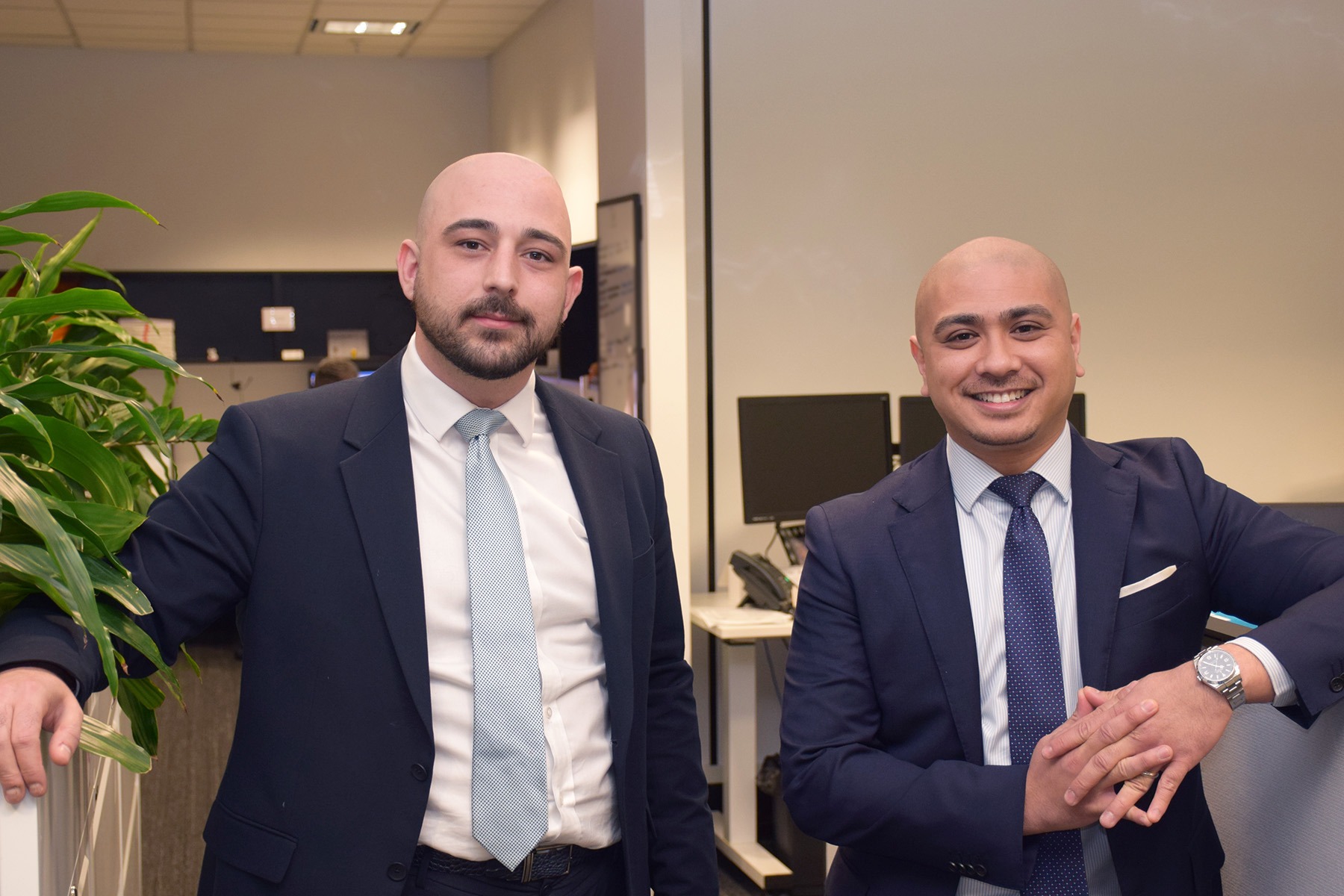‘Talent shortage’ and ‘skills gap’ are terms that have been thrown about – at times, in my opinion, haphazardly – in the Australian technology sector since I first started recruiting in the space over a decade ago. But never before have these terms rung so true as in the past twelve months.
The heavy blow of the COVID-19 pandemic on our economy, and its subsequent ripple effect on the local technology sector, has created an incredibly challenging landscape for organisations looking to secure Tech talent.
It’s thrown the sector into a two-speed conundrum: an accelerated demand for skills versus a decline in available talent.
Demand for technology skills within Australian companies has reached fever pitch over the last year. The need for organisations to offer online services to customers, implement remote-working infrastructure for employees, and the continued overall appetite for ‘digitisation’ across the board has been exacerbated (with little to no notice) by the lockdowns we’ve seen due to the pandemic. Coupled with a sudden decline in available talent as we shut our borders to skilled migrants, visa-holders returning home to be with their families, and the inadequate pipeline of technology graduates coming through our higher education institutions, employers are now facing a fiercely competitive battle for technology talent.
Scarcity has seen the remuneration expectations of top Tech talent suddenly increase by up to 30% in the past year alone, further adding to the already difficult hiring conditions faced by employers.
So how do employers combat these challenges in the current state of the market?
In my view, there’s no single solution for addressing the talent shortage, but there are a number of things you can do to position your organisation better in current market conditions:
1. Be Prepared
Oftentimes, recruitment is a reactive activity – be proactive and plan ahead. Understand what your organisation, product, project or team will potentially need for the future and get the wheels in motion before you’re ready to hire. Speak to your talent team, align them with your product/project roadmap, and give your supplier partners the heads up.
2. Reassess Your Expectations
The candidate market is competitive. Many organisations are vying for the same candidates – what can you do differently to avoid a bidding war against the competition? Reassess your expectations on hard skills and consider hiring on candidates’ transferrable skills and potential for growth. Don’t pay the premium the market is currently demanding unless you absolutely have to.
3. Upskill Your Team
If there are skillsets that are missing in your current team, upskill them. Investing in your team members will keep them engaged, uplift existing capability, support staff retention and help shorten the ‘shopping list’ of hard skills you’re looking for when going out to market for new team members.
4. Understand your EVP
In a candidate-driven market you are competing with other organisations looking to hire that same individual. Know your Employee Value Proposition (EVP) and how you’re going to ‘sell’ the role/opportunity within your team. Whilst a desirable brand helps, this isn’t about having a ping pong table in the lunchroom. Understand what the organisation’s values are, your vision for the role and how it fits in the team and be able to share this with the candidate. Why should they want to work for you?
5. Move quickly
In such a competitive landscape, it’s important to make a decision on a candidate before your competition does. Assess your current recruitment process and streamline it as much as you can. How quickly are you contacting candidates who have applied? Which interview stages are critical? How long in between stages? How quickly can you present an offer to the preferred candidate?
There’s never been a more critical time to pay closer attention to how you find, attract and secure Tech talent. How are you navigating through the current Tech talent shortage?
Gerard has over a decade of experience recruiting in the Software Development sector in Melbourne, partnering with organisations to help them build high-performing software product and project teams. He prides himself on his attention to detail and expertise in his field, enabling him to find the best possible fit between a client opportunity and a candidate’s career aspirations. Throughout his career, Gerard has played a pivotal role in supporting the growth of many of Australia’s leading technology companies.

